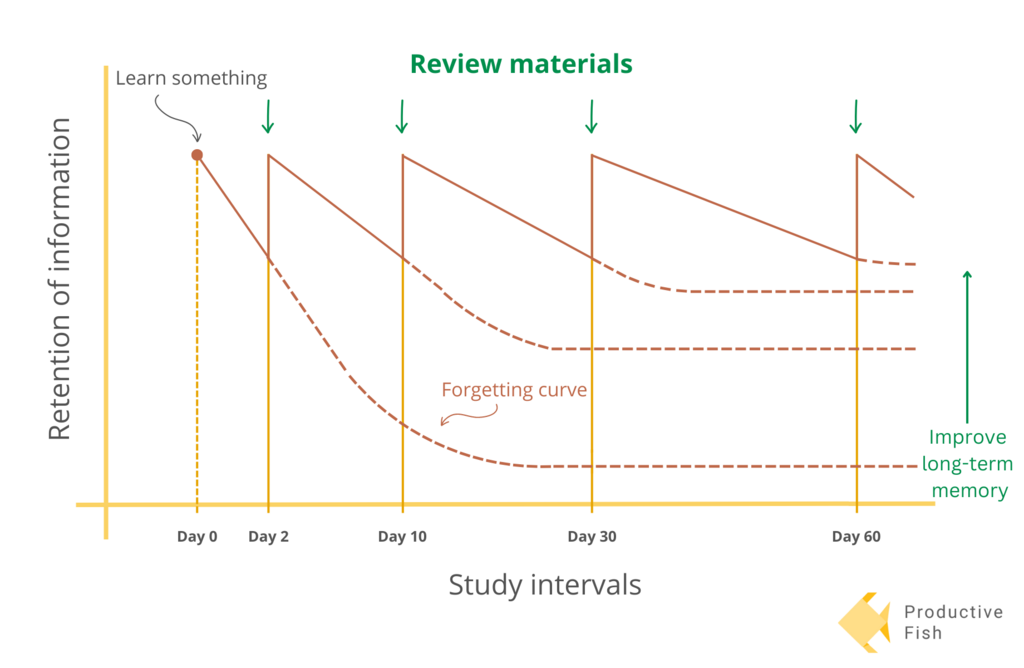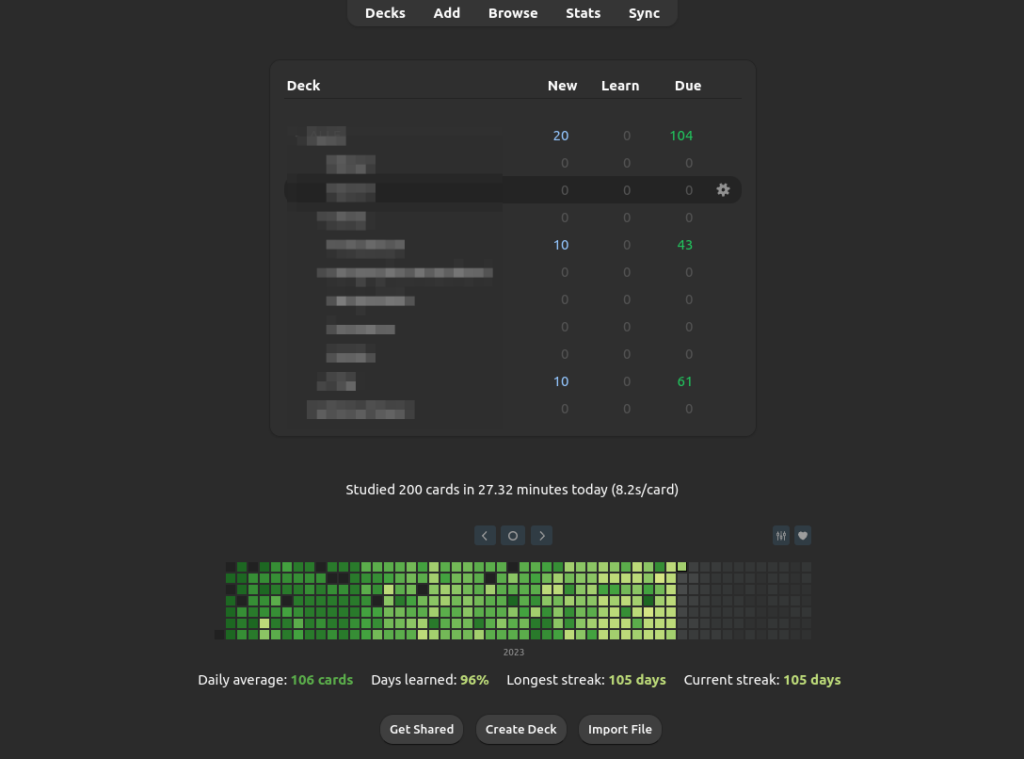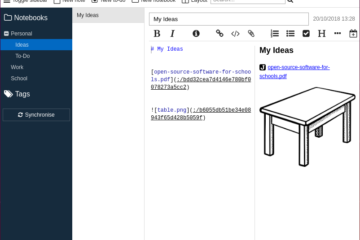Learn Without Forgetting With Anki
In the last few years, I have repeatedly looked into findings from learning research in order to constantly improve my personal learning, but also the learning at our school. One term I have come across again and again is “spaced repetition”. What this has to do with “learning without forgetting” and with Anki, I would like to briefly describe in this article.
What is “Spaced Repetition”?
Spaced Repetition basically means that I repeat learning content (e.g. my flashcards) ideally just before I have forgotten it. If learning is described as a battle against forgetting, this is exactly what is important: repeating before my memory has forgotten what I have learned. Whenever I repeat what I have learned and can remember it, the “retention period” in my memory is extended.
We all know this effect. When I studied for a vocabulary test in my school days (usually the day before 🙂), I forgot most of the vocabulary after 3 days. This is also the reason why I can only remember very few French vocabulary words, even though I had 5 years of language lessons. However, if I had learned and repeated a small amount of vocabulary every day, I would have been able to remember it much longer. Here is a graphic that illustrates the principle:

Summary: If I repeat something I have learned at the right moment, I can significantly increase the “retention time” in long-term memory. But how do I know when is the right time to repeat something? After all, I only want to repeat the things I am currently forgetting and not the ones I still know. This is a very important question. If I repeat too many things (especially learning content that I still know), the time I spend on repeating increases. If I repeat too little learning content, the chance that I will forget things and end up having to relearn them increases.
Anki
This is where Anki comes in. Anki is an open source flashcard software that does the work of calculating the right intervals for me, so that I only repeat what I am about to forget. This is exactly what makes this learning method so efficient, because now I can learn things in less time, or more in the same amount of time I used to spend learning.

Anki is a very powerful and flexible app that can be customised with many extensions. This also ensures that the learning curve for this app is somewhat steeper. That’s why I recommend watching a few introductory videos. You can either create flashcards yourself or use one of the ready-made decks.
Learning without forgetting – an utopia?
Personally, I have been using Anki for about 1 year. I mainly use it to learn vocabulary (yes, French again…), Bible verses/texts, clippings/quotes from books I have read and anything else that interests me.
Actually I am totally thrilled with the results and I didn’t think it would be so easy to remember things in the long term.
What’s the catch? In order for the repetitions to work at the right time, I have to do my repetitions every day. Depending on how many cards you learn, this can be 5 minutes a day or 2 hours. The key to success is daily repetition. It may take a few weeks to integrate this new habit into your daily routine, but you will be rewarded with the experience that this principle of spaced repetition really works and that our memory can remember many (really a lot of) things.



0 Comments